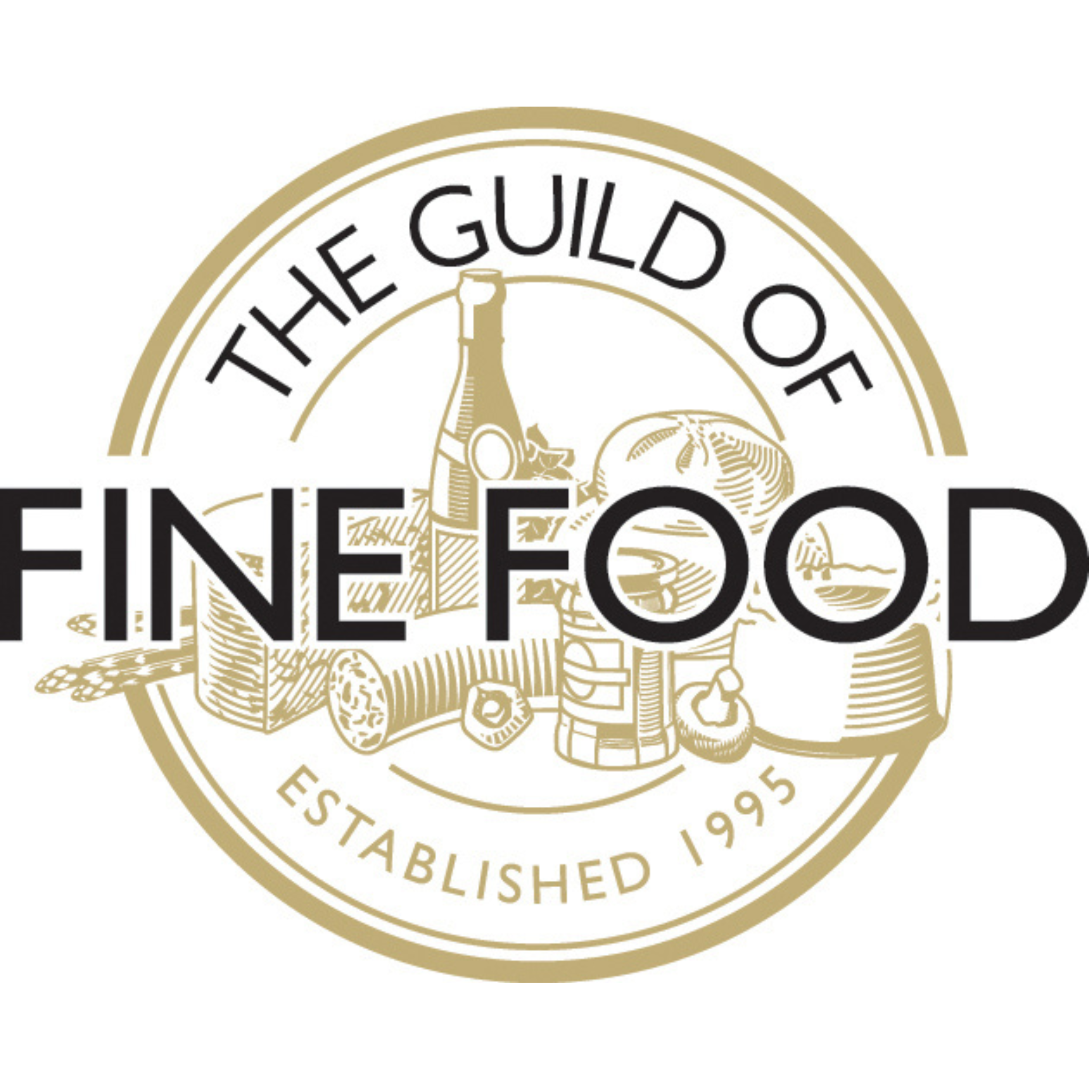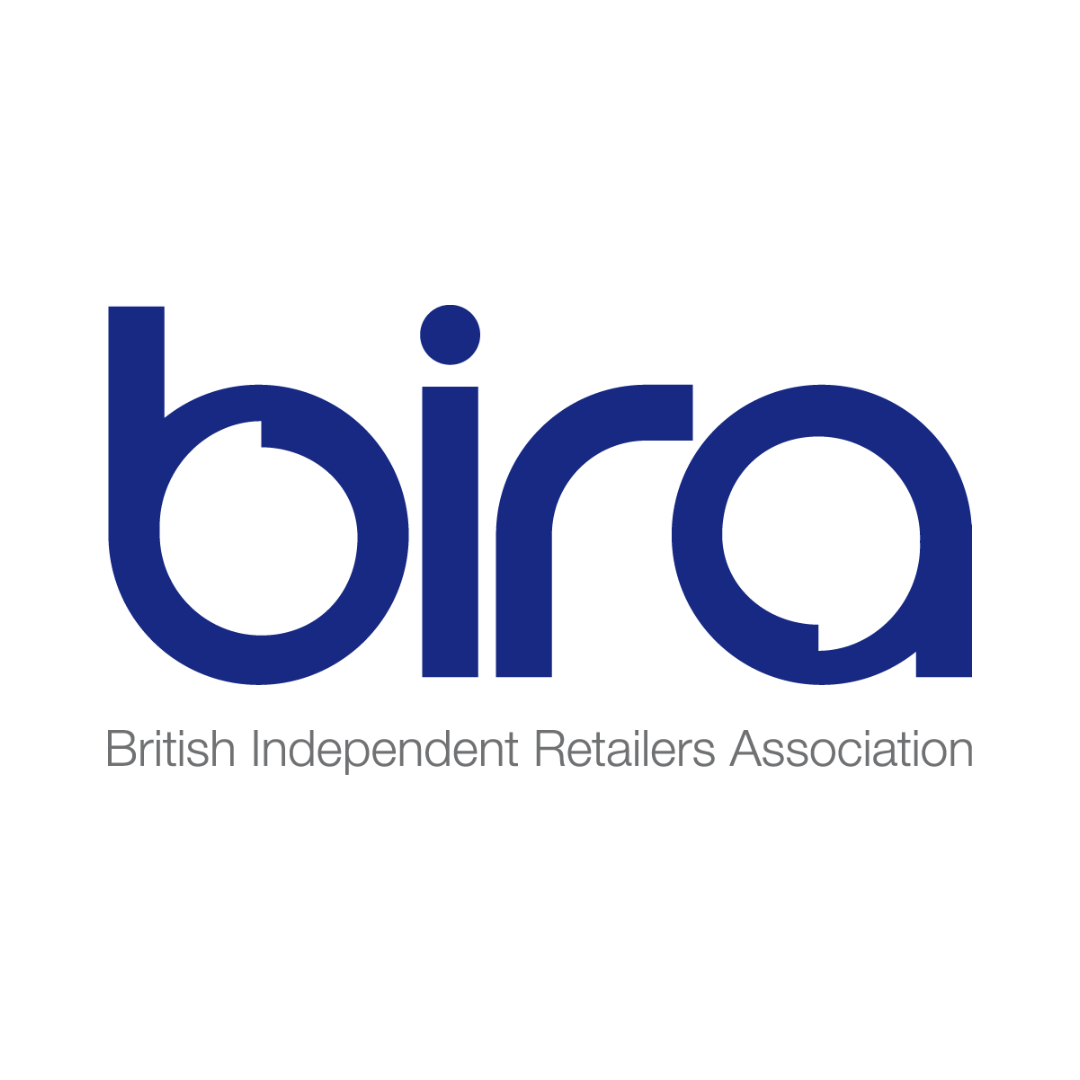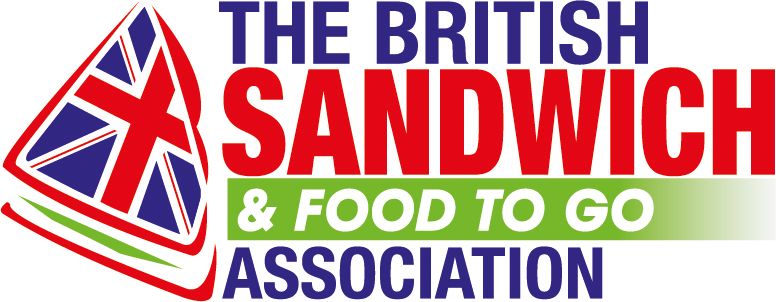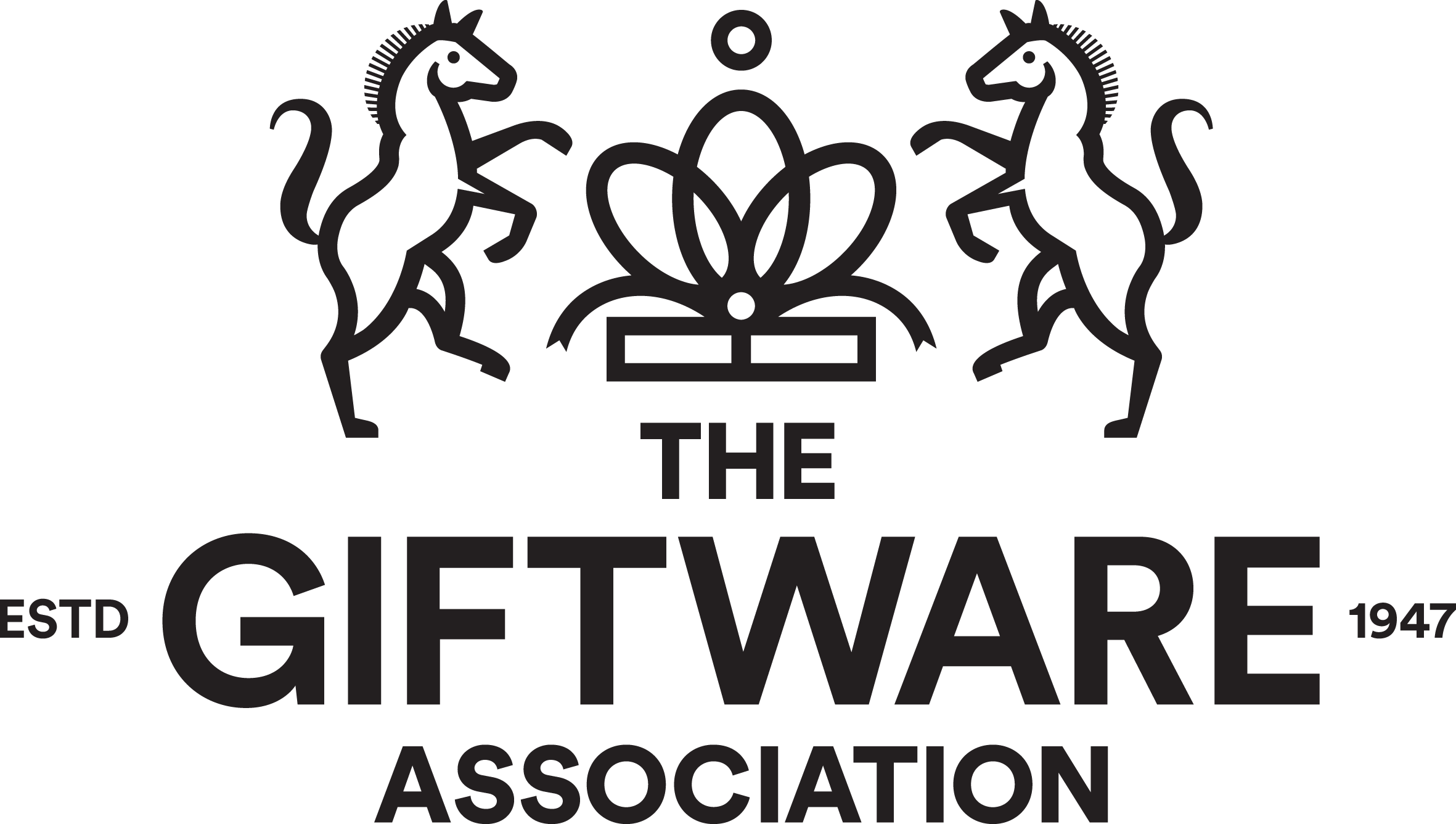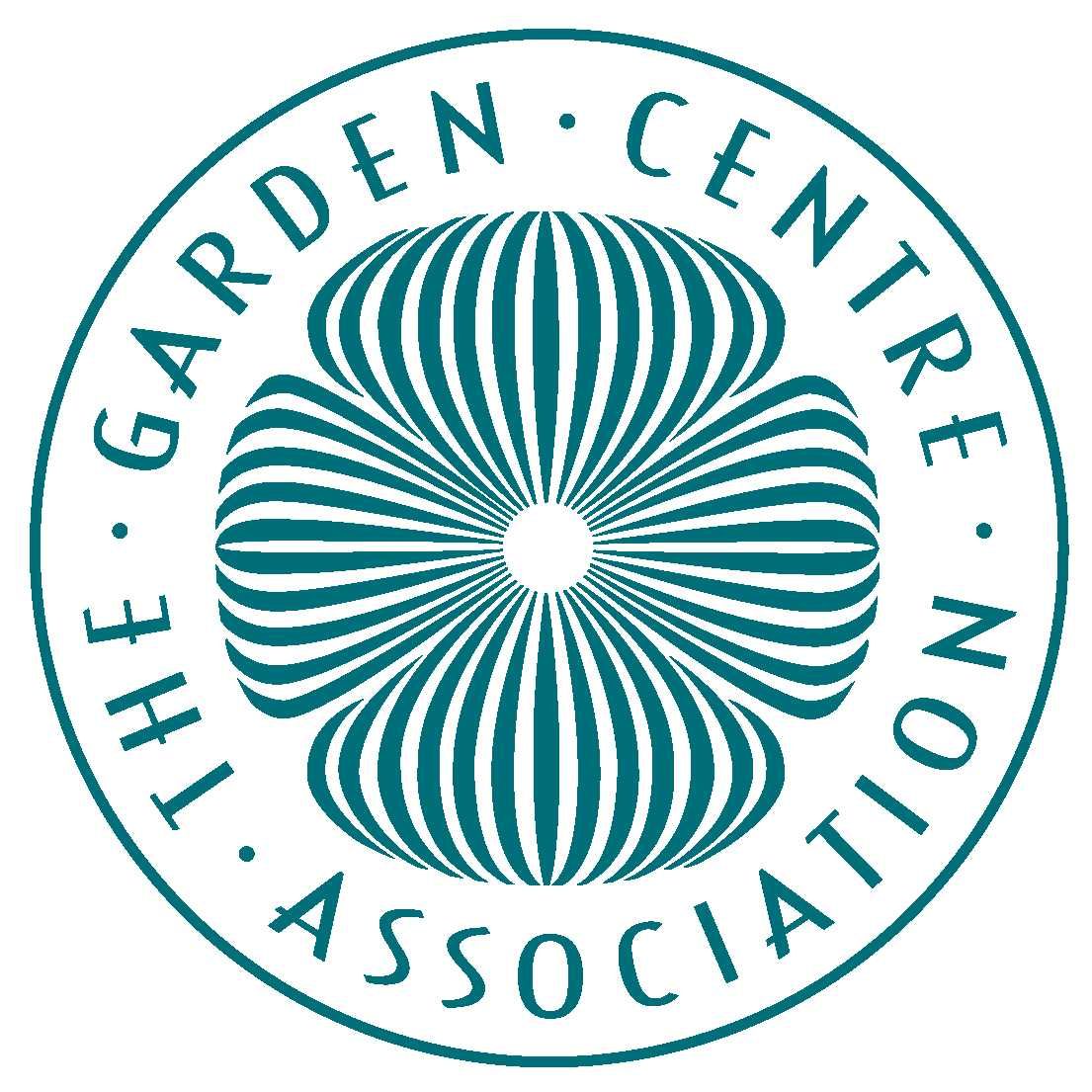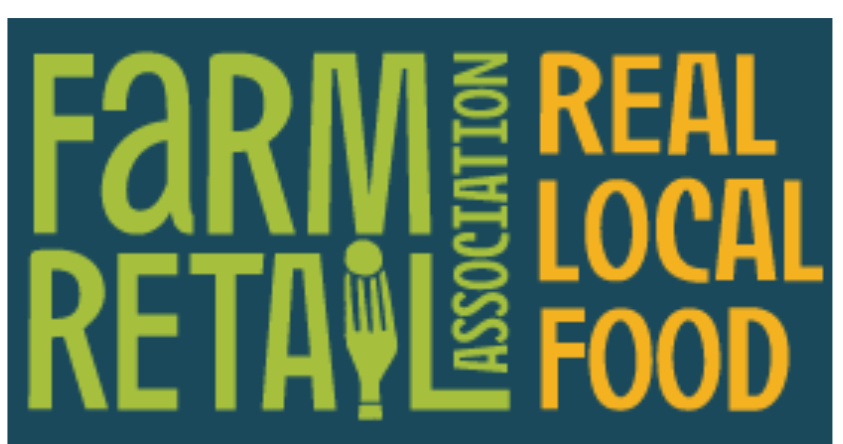ALL exhibitors must complete a suitable and sufficient Risk Assessment (RA) for their own company’s activities at the exhibition whether during Build-up, the Open Period or Breakdown. This is called the Exhibitor Risk Assessment. It needs to identify all significant risks to your own staff, other exhibitors, visitors etc that may arise from your activities. Significant risks are those which are reasonably foreseeable in terms of probability and severe enough in outcome to warrant consideration, i.e., they are more than trivial.
What is it and why do I need to complete one?
A Risk Assessment is the most effective way of documenting, assessing, and controlling risks and under Health & Safety legislation is an absolute legal requirement.
It is an assessment of all stand activity that could potentially cause harm to people.
- Hazard – anything that can cause harm e.g., hot oil, electricity, manual handling, machinery/appliances etc
- Risk – is the chance, great or small, that someone will be harmed by the hazard e.g., low, medium, or high risk.
Completing a Risk Assessment does not mean that you are guaranteeing that there will not be any accidents on your stand. It means you have simply taken the time to think through your actions in advance and on an on-going basis. By filling out a Risk Assessment you will be able to reduce the risks of an accident happening or the severity of the accident if it does. If you were unfortunate enough to have an accident on the stand, you may need to prove that you took all reasonable steps to prevent it happening; a risk assessment would be part of this proof. Without it you could be found liable (both personally and corporately).
Click here to find the risk assessment template or for further assistance contact your own company’s Health & Safety Officer or visit the HSE website / http://www.hse.gov.uk/risk/.
- ALL EXHIBITORS MUST COMPLETE A RISK ASSESSMENT to cover their activities during the Build-up (e.g., off-loading vehicles, delivering boxes, setting up display or exhibits), the Open Period (e.g., replenishing stock, demonstrations, sampling, cooking) and Breakdown (e.g., removal of boxes, dismantling of display or exhibits, re-loading vehicles). This is SEPARATE to the RA required from the stand contractor.
- The organisers DO NOT require a copy of the risk assessment prior to the exhibition but a copy must also be available on the stand for presentation to the EHO (Environmental Health Officer) or the HSE (Health & Safety Executive) should they visit your stand; both parties have the power to close your stand if they believe there are any unsafe practices.
- If you have booked a SPACE ONLY SITE, whoever is building the stand – either you or a contractor – will need to submit a separate detailed Risk Assessment, which covers the building of and breaking down the stand, together with a Method Statement, when submitting the stand drawings for approval.
If you need help completing your Risk Assessment, please contact ops.sfff@montgomerygroup.com

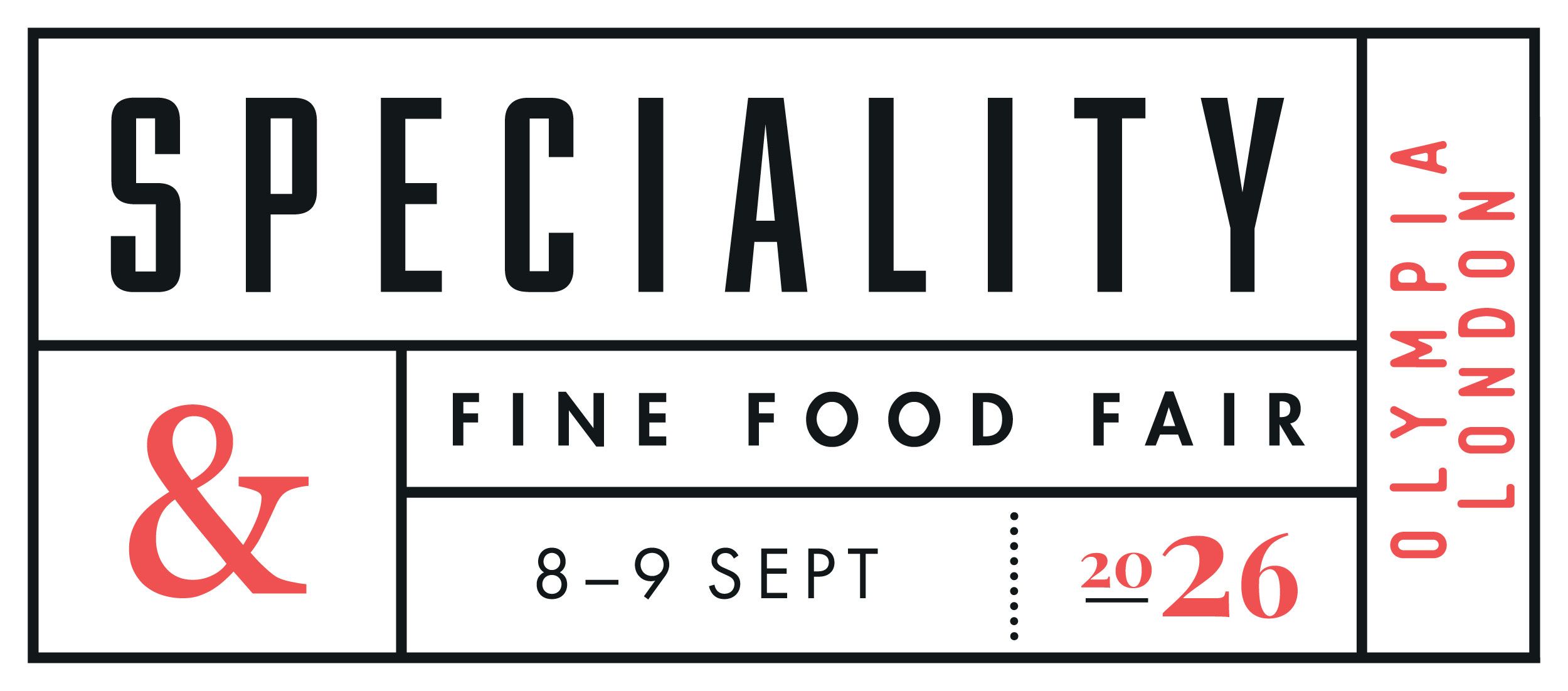


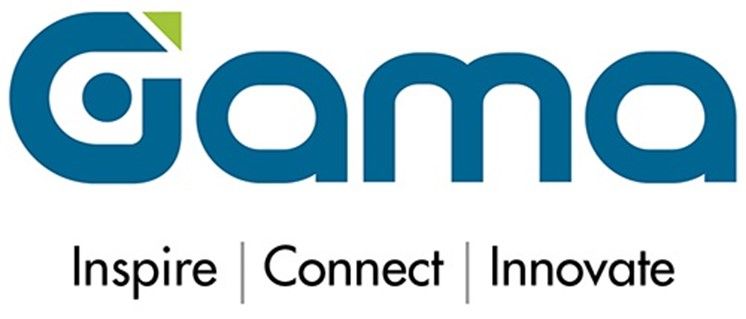

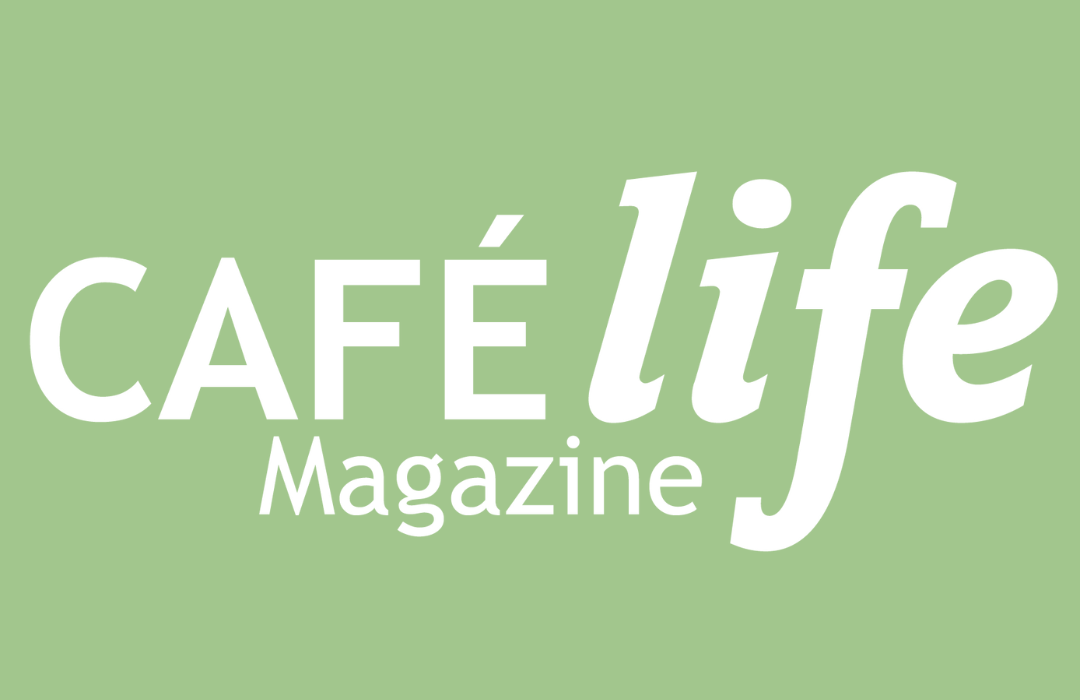


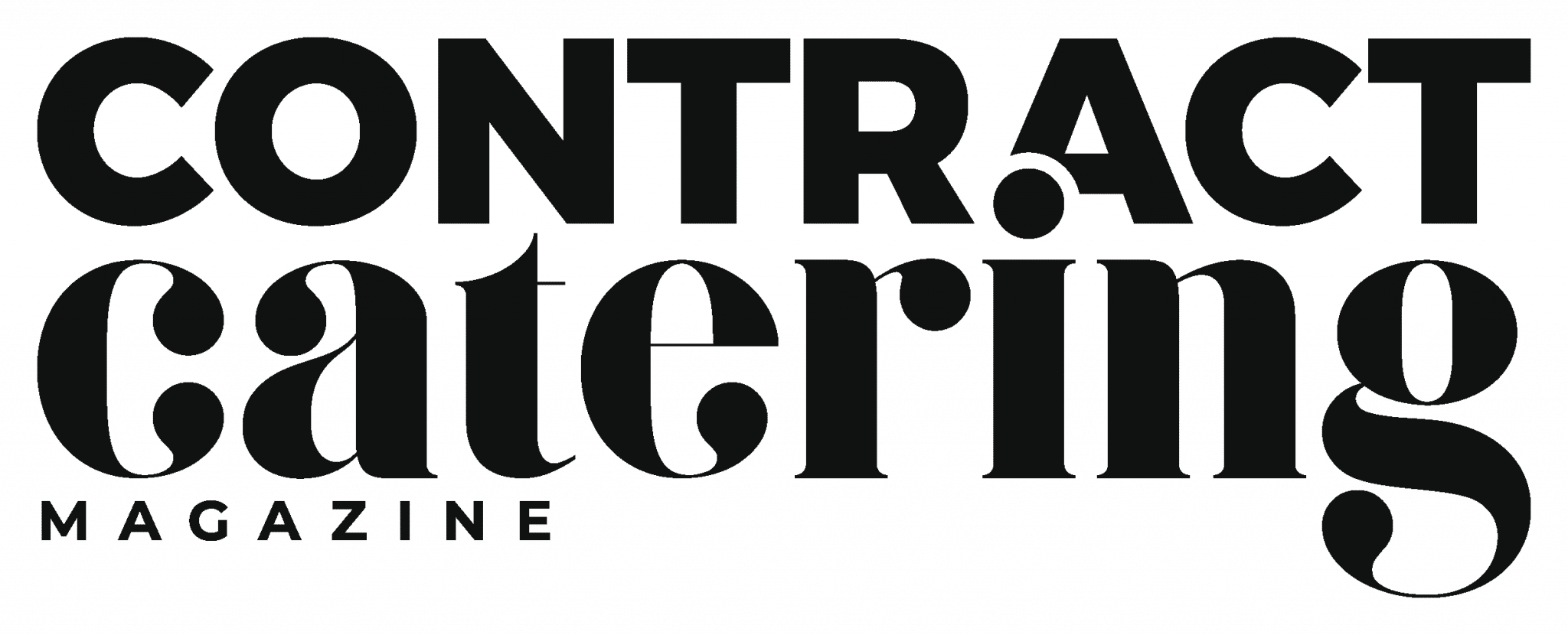
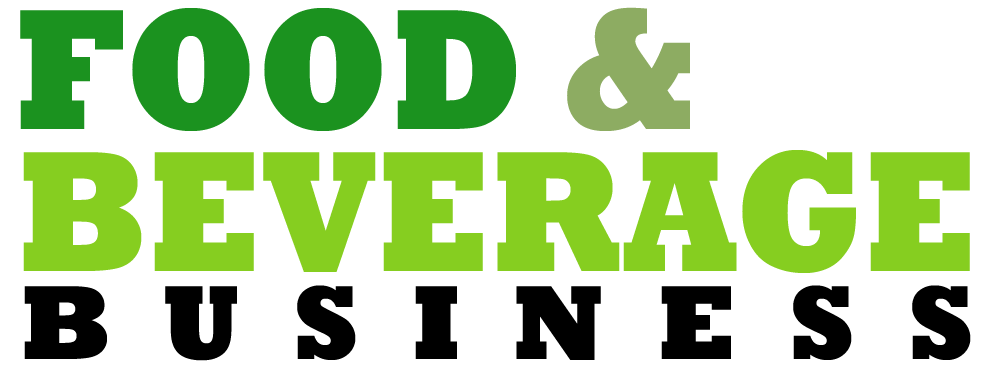

.png)
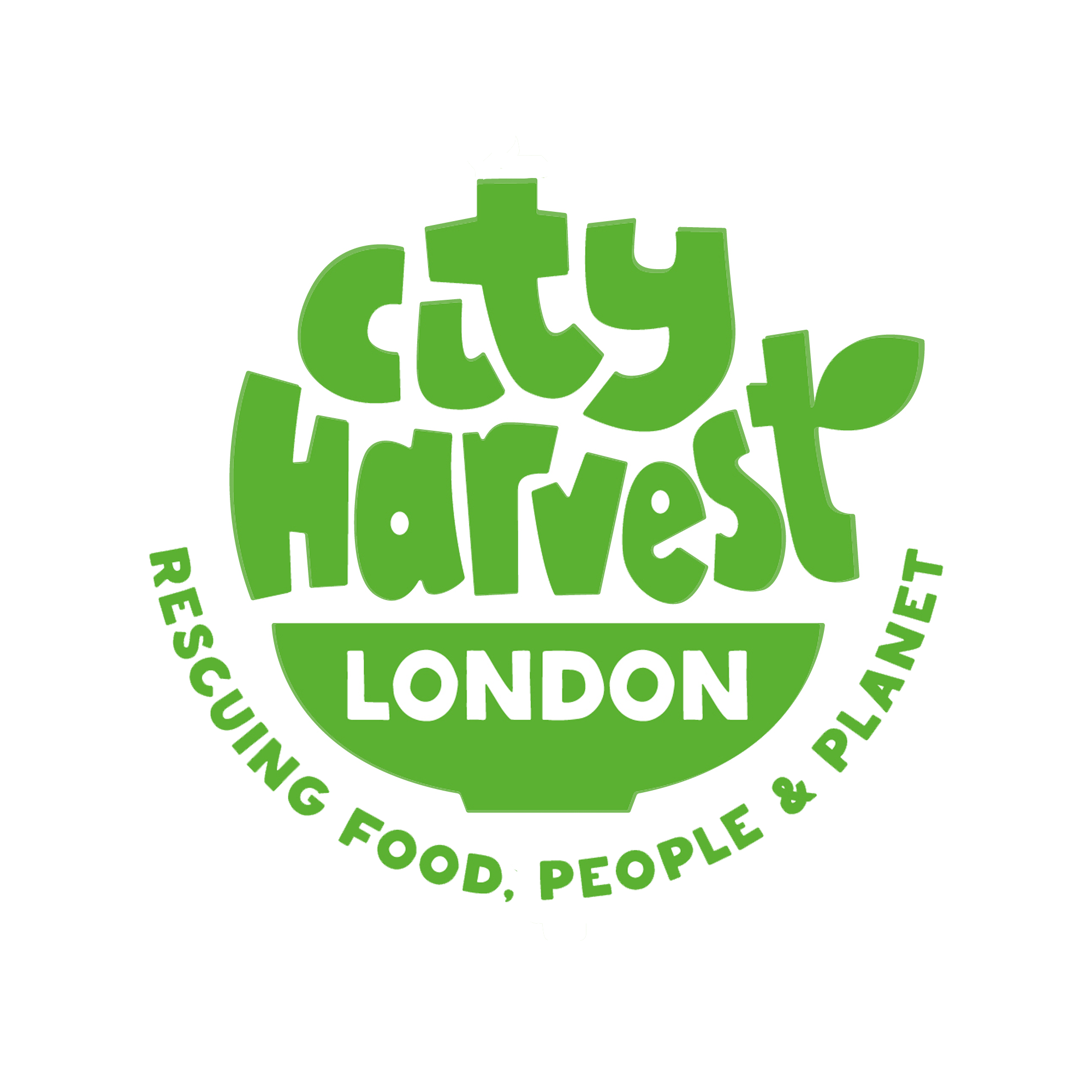


.png)

